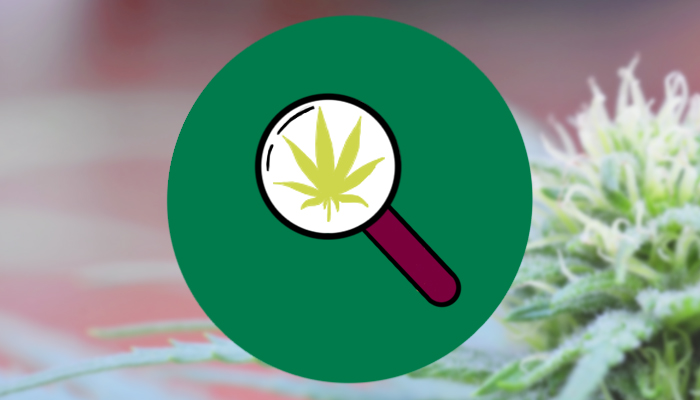What role does medical cannabis play in treating anxiety and mood disorders?

Why was this study conducted? What does this study add? Is there anything else I should know? Turna J, Patterson B, Van Ameringen M. Is cannabis treatment for anxiety, mood, and related disorders ready for prime time? Depress Anxiety 2017;doi: 1002/da.22664 (Epub ahead of print)
Turna J, Patterson B, Van Ameringen M. Is cannabis treatment for anxiety, mood, and related disorders ready for prime time? Depress Anxiety 2017;doi: 1002/da.22664 (Epub ahead of print) https://www.ncbi.nlm.nih.gov/pubmed/28636769
Why was this study conducted?
Anxiety disorder is one of the most common mental health challenges of Canadians and reduces the quality of life of those affected. These disorders are usually treated with antidepressants but only 40% to 60% of patients respond to treatment and side-effects are common. Cognitive behavioural therapy has a better response rate (46-77%) but is not widely available and may not be covered by health insurance. New or better approaches to treating anxiety and related disorders could help a lot of people. Cannabis is being used for the treatment of conditions such as chronic and neuropathic pain and nausea and in some instances for psychiatric conditions such as post-traumatic stress disorder (PTSD) and Tourette ’s syndrome. To see if cannabis may be helpful in the treatment of anxiety and to document what is known about associated adverse effects, the authors reviewed available published research studies and conference summaries. Studies that were reviewed addressed eight different disorders: trichotillomania (compulsive hair pulling), Tourette’s syndrome, PTSD, and social anxiety, generalized anxiety, major depressive, bipolar and obsessive-compulsive disorder.
What does this study add?
The authors ranked the quality of the evidence using a standardized system, the Canadian Network for Mood and Anxiety Treatment or CANMAT criteria. According to the CANMAT guidelines, only therapies with evidence scored 1 or 2 should be considered as the first treatment option (i.e., first-line therapy) for a condition. The authors found the quality of the evidence for cannabinoids was Level 3 for five disorders (social anxiety, generalized anxiety, PTSD, trichotillomania and Tourette’s syndrome) and Level 4 for the other three (obsessive-compulsive, bipolar and major depressive disorder). In other words, the evidence suggested medical cannabis should only be used for second- or third-line therapy for anxiety disorders. More research is needed on what role cannabis can or should play in treating anxiety and mood disorders.
Is there anything else I should know?
This is a study of the existing published literature on medical cannabis research and so is limited by the type, number and quality of research evidence that is available. The size and quality of the studies varied (e.g., one study only had four participants) and different forms of cannabis were used (some used plants and others used synthetic versions of cannabis chemicals). Most compared cannabis to a placebo rather than a standard anti-depressant and many measured immediate rather than long-term outcomes.
Archive, Research - Addictions and Mental Health